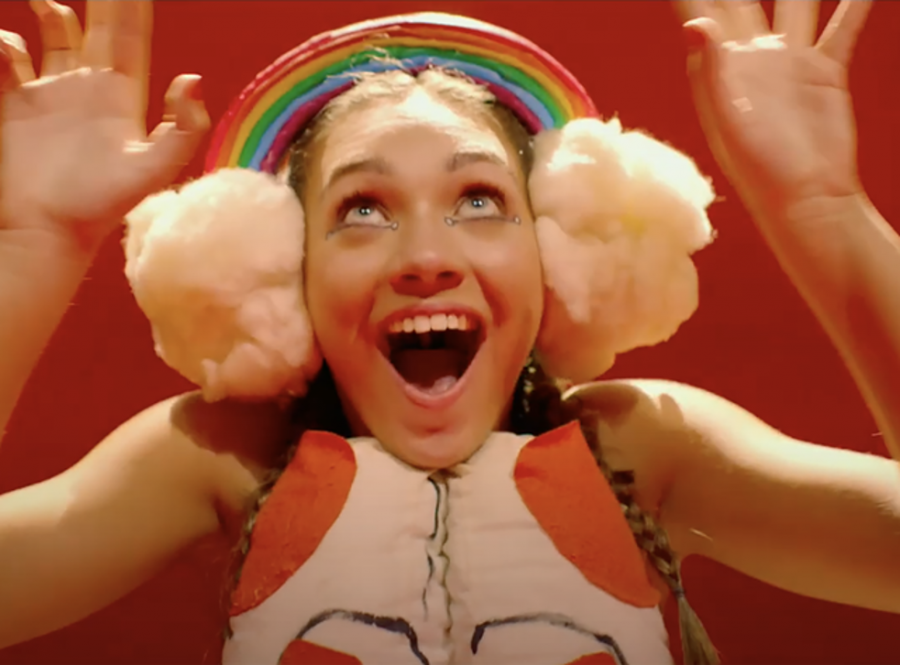Autism misrepresentation: Autism Speaks and MUSIC controversy
April 15, 2021
For years now, people on the autism spectrum have been underrepresented in a variety of ways. Autism Speaks, one of the biggest autism organizations, has been under scrutiny in years prior. One of their goals was to research a “cure” to autism and finding ways to “end” autism. The organization was also researching prenatal autism tests so that mothers will have the option to no longer have an autistic baby. In addition, around 20% of the budget goes towards fundraising while only 4% goes to actually aiding individuals with autism and helping families with grants.
Due to the immense pressure by the autism community and activists, they walked back on multiple of their policies such as reworking the budget and removing “cure” from their mission statement. However, the organization has continued to fund research identifying the causes of autism and not bettering the lives of individuals with autism or their families. In addition, the issue of underrepresentation still remains. While many of the Autism Speaks board members have children with autism or have taught special education, none of them actually have autism. Autism Speaks, an organization aimed at bettering the lives of autistic people, is making decisions on behalf of individuals without consulting them.
People with autism are also misrepresented in the media world. Sia’s movie MUSIC, which earned two Golden Globe nominations (best in picture in musical and comedy category and best actress for Kate Hudson), stars Maddie Ziegler who portrays a girl with non-verbal autism. One of the biggest concerns the autism community had was how prone restraint was used to show the “correct way” to calm down an autistic person suffering from a meltdown. Prone restraint is not an appropriate method. It can result in injuries, trauma, and death. Since the movie heavily revolves around autism, Sia and the movie directors should have done more in-depth research.
After much outcry, Sia went to Twitter to apologize and said they are going to include a warning at the beginning of the film.
“I promise, [I] have been listening,” Sia tweeted. “The motion picture MUSIC will, moving forward, have this warning at the head of the movie.”
The movie will include the following warning: “MUSIC in no way condones or recommends the use of restraint on autistic people. There are autistic occupational therapists that specialize in sensory processing who can be consulted to explain safe ways to provide proprioceptive, deep-pressure feedback to help w[ith] meltdown safety. ”
Besides outcry over Sia’s part in creating the movie, questions were also raised on why Ziegler was casted to play the role, given that she is a neurotypical actress who portrays an individual with autism.
“I don’t believe that the decision to cast her in this role was appropriate,” Brianna Mathis (’22), a Madison Best Buddies club member, said. “Individuals with autism are already extremely misrepresented as well as underrepresented in many aspects including in the media.”
Despite the controversies, Ziegler spoke out about her role in the movie, citing her dance capabilities as the reason why she was casted.
“I understand why people would want someone who’s actually on the spectrum with autism to play this character,” Ziegler said in an interview with The Independent. “But in terms of the dance sequences, I think that’s why Sia chose me to bring the dream world to life. It was all [made] with good intentions and with a good heart.”
Even though Sia wanted to cast Ziegler for the dancing sequences, something she has done frequently in the past, this does not justify using a neurotypical actress to play the part of an autistic person. The dancer lacks experience and knowledge of autism therefore misrepresenting an entire group of people.
The outcry from MUSIC was the exact opposite reaction to the movie What’s Eating Gilbert’s Grapes, a movie where Leonardo DiCaprio portrays an autisic boy. In 1993, his performance was highly praised and earned him nominations for the Academy Award and Golden Globe Award for Best Supporting Actor.
“Leonardo DiCaprio, who plays Arnie, the retarded kid brother, has been nominated for an Academy Award, and deserves it,” writes a movie critic in 1993.
Even shown with the use of the r-word, society then was not aware of the lack of representation. DiCaprio was applauded for his portrayal of individuals with autism such as his meltdowns, atypical speech, and preference for routine. The movie was also praised for the inclusion of the hardships the family face when dealing with autism.
Neurotypical actors cannot accurately portray individuals with autism because they haven’t experienced the disability. The results end in a performance showing negative stereotypes, harmful practices, and misrepresentation.
“There are tons of actors and actresses that have autism who don’t have the opportunity to be casted in hardly anything because they don’t ‘have the image’ that the producers are looking for,” Mathis said.



